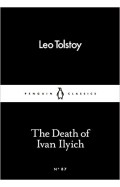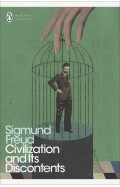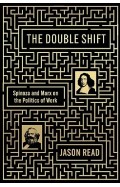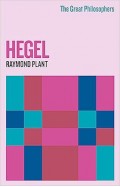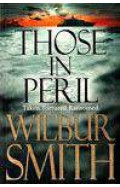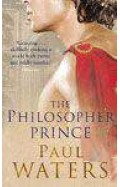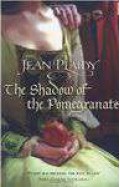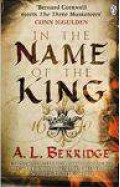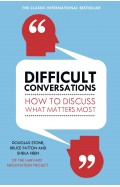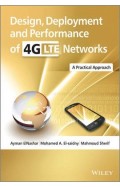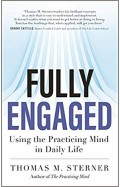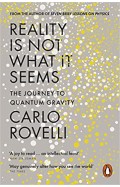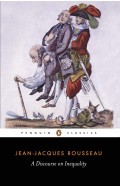Discourse on Method and Related Writings
By: Rene Descartes
-
Rs 2,515.50
- Rs 2,795.00
- 10%
You save Rs 279.50.
Due to constant currency fluctuation, prices are subject to change with or without notice.
René Descartes was a central figure in the scientific revolution of the seventeenth century. In his Discourse on Method he outlined the contrast between mathematics and experimental sciences, and the extent to which each one can achieve certainty. Drawing on his own work in geometry, optics, astronomy and physiology, Descartes developed the hypothetical method that characterizes modern science, and this soon came to replace the traditional techniques derived from Aristotle. Many of Descartes’ most radical ideas—such as the disparity between our perceptions and the realities that cause them—have been highly influential in the development of modern philosophy.This edition sets the Discourse on Method in the wider context of Descartes’ work, with the Rules for Guiding One’s Intelligence in Searching for the Truth (1628), extracts from The World (1633) and selected letters from 1636-9. A companion volume, Meditations and Other Metaphysical Writings, is also published in Penguin Classics.
René Descartes was a central figure in the scientific revolution of the seventeenth century. In his Discourse on Method he outlined the contrast between mathematics and experimental sciences, and the extent to which each one can achieve certainty. Drawing on his own work in geometry, optics, astronomy and physiology, Descartes developed the hypothetical method that characterizes modern science, and this soon came to replace the traditional techniques derived from Aristotle. Many of Descartes’ most radical ideas—such as the disparity between our perceptions and the realities that cause them—have been highly influential in the development of modern philosophy.This edition sets the Discourse on Method in the wider context of Descartes’ work, with the Rules for Guiding One’s Intelligence in Searching for the Truth (1628), extracts from The World (1633) and selected letters from 1636-9. A companion volume, Meditations and Other Metaphysical Writings, is also published in Penguin Classics.
Discourse on Method and the Meditations
By: Rene Descartes
Rs 2,335.50 Rs 2,595.00 Ex Tax :Rs 2,335.50
Discourse on Method and Related Writings
By: Rene Descartes
Rs 2,515.50 Rs 2,795.00 Ex Tax :Rs 2,515.50
Zubin Mehta: A Musical Journey (An Authorized Biography)
By: VOID - Bakhtiar K. Dadabhoy
Rs 892.50 Rs 1,050.00 Ex Tax :Rs 892.50
Capital: Volumes One and Two (Classics of World Literature)
By: Karl Marx
Rs 2,065.50 Rs 2,295.00 Ex Tax :Rs 2,065.50
The Double Shift - Spinoza and Marx on the Politics of Work
By: Jason Read
Rs 5,395.50 Rs 5,995.00 Ex Tax :Rs 5,395.50
Fake Heroes - Ten False Icons and How They Altered the Course of History
By: Otto English
Rs 2,245.50 Rs 2,495.00 Ex Tax :Rs 2,245.50
Traveling With Pomegranates A Mother And Daughter Journey To The Sacred Places Of Greece Turkey And France
By: Sue Monk Kidd
Rs 997.50 Rs 1,995.00 Ex Tax :Rs 997.50
The Vampire Diaries Stefans Diaries 3 The Craving
By: L. J. Smith
Rs 2,205.75 Rs 2,595.00 Ex Tax :Rs 2,205.75
Capital: Volumes One and Two (Classics of World Literature)
By: Karl Marx
Rs 2,065.50 Rs 2,295.00 Ex Tax :Rs 2,065.50
The Double Shift - Spinoza and Marx on the Politics of Work
By: Jason Read
Rs 5,395.50 Rs 5,995.00 Ex Tax :Rs 5,395.50
Fake Heroes - Ten False Icons and How They Altered the Course of History
By: Otto English
Rs 2,245.50 Rs 2,495.00 Ex Tax :Rs 2,245.50
Speak Easy: Connect with Every Conversation
By: Lou Diamond
Rs 4,500.75 Rs 5,295.00 Ex Tax :Rs 4,500.75
Overcoming Childhood Trauma 2nd Edition - A Self-Help Guide Using Cognitive Behavioral Techniques
By: Helen Kennerley
Rs 2,800.75 Rs 3,295.00 Ex Tax :Rs 2,800.75
Pretty Packages 45 Creative Gift Wrapping Projects
By: Sally J Shim
Rs 1,695.75 Rs 1,995.00 Ex Tax :Rs 1,695.75
The Great Moghuls - Art, Architecture and Opulence
By: Susan Stronge
Rs 19,995.00 Ex Tax :Rs 19,995.00
Difficult Conversations : How to Discuss What Matters Most
By: Douglas stone
Rs 2,515.50 Rs 2,795.00 Ex Tax :Rs 2,515.50
Design, Deployment and Performance of 4G-LTE Networks - A Practical Approach
By: A ElNashar
Rs 1,275.00 Rs 1,500.00 Ex Tax :Rs 1,275.00
Fully Engaged: Using the Practicing Mind in Daily Life -
By: Thomas M. Sterner
Rs 1,440.75 Rs 1,695.00 Ex Tax :Rs 1,440.75
Reality Is Not What It Seems: The Journey to Quantum Gravity - Paperback
By: Carlo Rovelli
Rs 2,515.50 Rs 2,795.00 Ex Tax :Rs 2,515.50
On the Origin of Species Concise Edition
By: Charles Darwin
Rs 2,545.75 Rs 2,995.00 Ex Tax :Rs 2,545.75
A Discourse on Inequality (Classics)
By: Jean-Jacques Rousseau
Rs 2,245.50 Rs 2,495.00 Ex Tax :Rs 2,245.50
Zubin Mehta: A Musical Journey (An Authorized Biography)
By: VOID - Bakhtiar K. Dadabhoy
Rs 892.50 Rs 1,050.00 Ex Tax :Rs 892.50
Discourse on Method and the Meditations
By: Rene Descartes
Rs 2,335.50 Rs 2,595.00 Ex Tax :Rs 2,335.50
Discourse on Method and Related Writings
By: Rene Descartes
Rs 2,515.50 Rs 2,795.00 Ex Tax :Rs 2,515.50
Capital: Volumes One and Two (Classics of World Literature)
By: Karl Marx
Rs 2,065.50 Rs 2,295.00 Ex Tax :Rs 2,065.50
The Double Shift - Spinoza and Marx on the Politics of Work
By: Jason Read
Rs 5,395.50 Rs 5,995.00 Ex Tax :Rs 5,395.50
Fake Heroes - Ten False Icons and How They Altered the Course of History
By: Otto English
Rs 2,245.50 Rs 2,495.00 Ex Tax :Rs 2,245.50












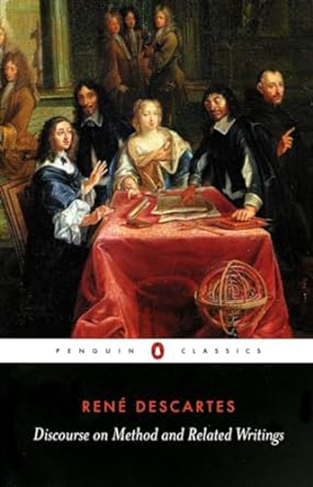
-120x187.jpg?q6)
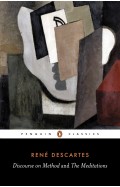
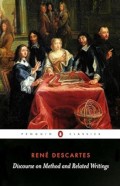
-120x187.jpg?q6)





